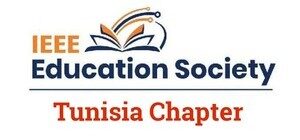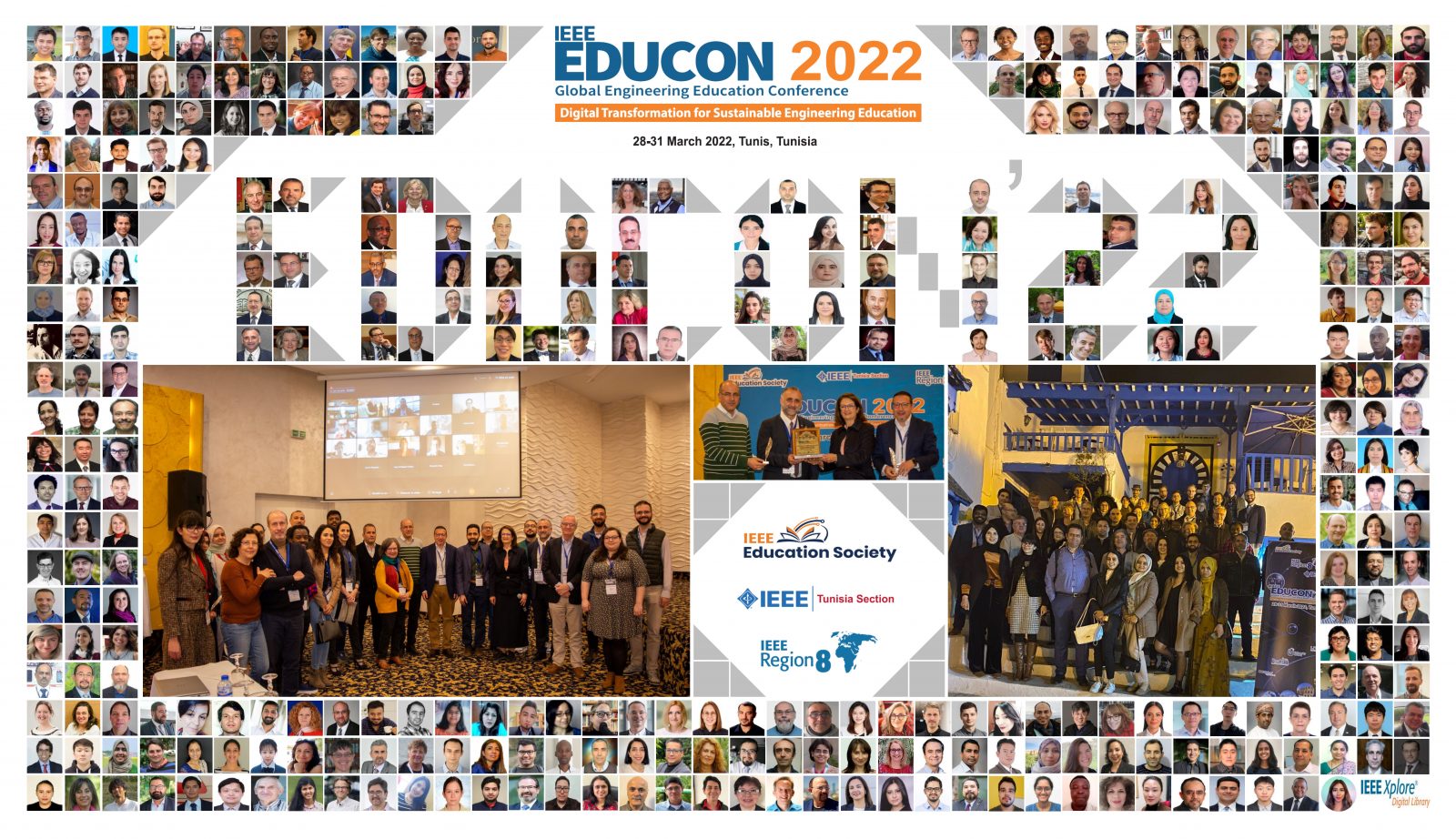KEYNOTE 1: ENGINEERING EDUCATION AT THE AGE OF INDUSTRY 5.0
On Mar, 29th 2022
This presentation starts with a discussion on the profound technological changes that have taken place around us during the last two decades, supported by the new disruptive advances both on the software and the hardware sides.
In recent years, in an attempt to change the whole format of industrial automation, these developments have been taken further, especially in Germany, under the label “Industry 4.0” that has recently evolved into “Industry 5.0.” Such engineered systems are named Cyber Physical Systems that are built from, and depends upon, the seamless integration of computational algorithms and physical components.
The dominant feature of the changes is the integration of the virtual world with the physical world through the Internet of Things (IoT). The most recent development is the radical paradigm shift from “connected things” to “connected intelligence.” After reviewing these profound changes, the presentation concentrates on education. A brief history of engineering education is presented, and the recent paradigm changes are discussed, which essentially stress that skills must prevail over degrees to deal with the challenges posed by the trends of the fifth industrial revolution.


